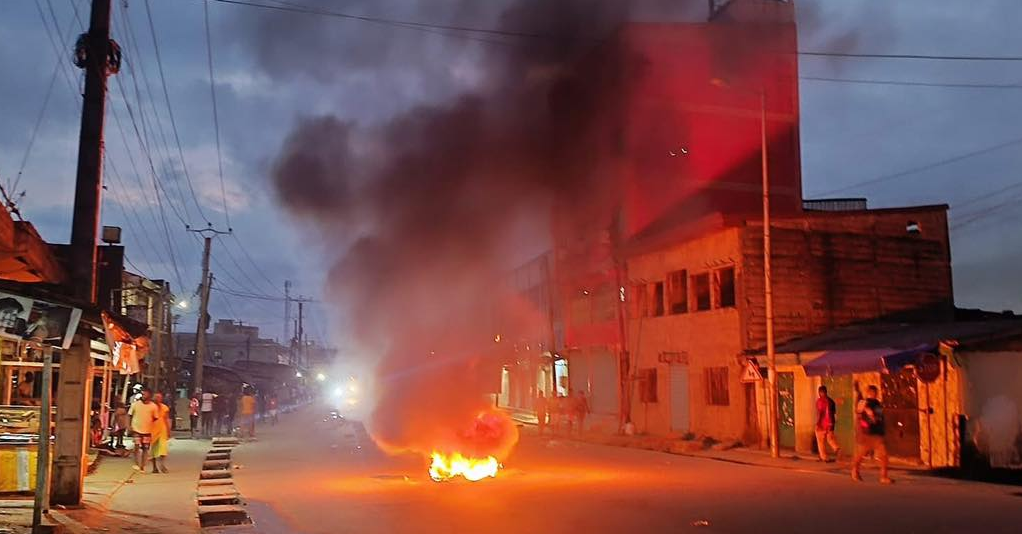- Details
- Politics
U.S. Senate blasts Biya’s “sham” vote as deaths mount
[YAOUNDÉ | Nov 5] — Call it what it is: Cameroon’s so-called re-election was not a vote of confidence but a carefully staged show of force. The embattled regime of Paul Biya has claimed another term through intimidation, manipulated tabulation and brute repression. The price so far: 49 deaths, hundreds injured and mass arrests documented by the United Nations and Reuters. The streets of Douala and Yaoundé speak the truth no ballot box could.

Washington and Brussels Walk Away
In a rare public rebuke, the U.S. Senate Foreign Relations Committee Chairman wrote on X:
“The corrupt Biya regime hunts its opponents, enables Wagner’s illicit activities and has created conditions for Boko Haram and ISIS to thrive… It’s time to reassess this relationship before the blowback gets worse.”
No such language has been used against Yaoundé in decades. The European Union has similarly withheld congratulations, issuing only a brief note “taking into account the results” while calling for restraint and dialogue. The contrast with Ivory Coast—where Alassane Ouattara routinely receives swift Western recognition—could not be clearer: Biya has become a liability, not a partner.
A Stolen Mandate
Opposition leader Issa Tchiroma Bakary has insisted he won the vote outright. His supporters cite parallel counts and discrepancies in official turnout figures that defy logic. What followed was predictable: protesters met by live fire, families burying their dead, and yet another chapter in Cameroon’s long pattern of stolen hope.
The Blood Price of Impunity
According to UN and Reuters sources, at least 49 people have been killed since the results were announced—most shot by security forces belonging to the ruling party’s militia structure. Dozens more remain missing. Civil society organisations say arbitrary detentions and beatings have become routine. When a government turns its guns on its citizens to stay in power, it abandons the last claim to legitimacy.
Diplomatic Isolation Deepens
Neither Washington nor Brussels has any appetite for photo-ops with a nonagenarian ruler presiding over economic decay and human-rights collapse. Even France’s language has hardened, calling the crackdown “unacceptable.” Behind closed doors, Western diplomats speak of “the end of an era.” Regional allies are hedging their bets. Cameroon today stands more isolated than at any time since the early 1990s.
Call It What It Is: Dictatorship in Plain Sight
Paul Biya has reduced a once-vibrant nation to fear and survival. The press is muzzled, the youth are fleeing, and the so-called guardians of order behave like a private army. Cameroon’s future will not be secured by pretending this is governance. It will come only when citizens—led by voices like Issa Tchiroma and the 49 who paid with their lives—refuse to accept fear as normal.
Closer: A Reckoning Delayed Is Not Avoided
History has a way of catching up with strongmen who mistake longevity for consent. For Cameroon, the reckoning is already under way: in the streets, in parliaments abroad, and in the silence of former friends who no longer offer congratulations. The question is not if Biya’s system will crumble — but whether the country he leaves behind can still stand.
- Details
- News Team
- Hits: 436
